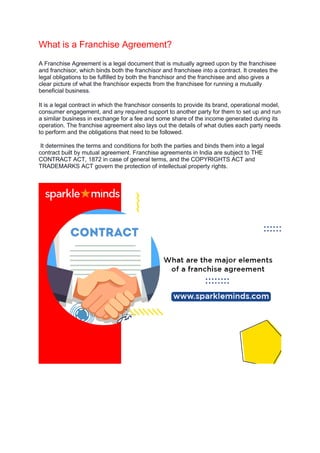
Masterful Negotiation: Essential Tips for Success

Unlocking Success: Masterful Negotiation Tips
Negotiation is a skill that transcends various aspects of life, from business deals to personal interactions. Mastering the art of negotiation requires strategic thinking, effective communication, and adaptability. This article explores essential tips to enhance your negotiation skills and achieve successful outcomes.
Understanding Your Objectives and Limits
Before entering any negotiation, clarity about your objectives is crucial. Define what you aim to achieve and set realistic limits. Understanding your bottom line allows you to negotiate with confidence and avoid making concessions that may compromise your goals.
Conducting Thorough Research and Preparation
Knowledge is power in negotiations. Thoroughly research the subject matter, the parties involved, and any relevant background information. Being well-prepared positions you as a knowledgeable and credible negotiator, increasing your chances of achieving favorable terms.
Building Rapport and Establishing Trust
Successful negotiations often hinge on relationships. Building rapport and establishing trust with the other party creates a positive atmosphere for constructive dialogue. Genuine connections foster collaboration and increase the likelihood of finding mutually beneficial solutions.
Active Listening and Effective Communication
Effective communication is at the heart of successful negotiations. Practice active listening to fully understand the perspectives of the other party. Clearly articulate your thoughts and concerns, fostering a two-way dialogue that promotes understanding and cooperation.
Remaining Calm and Composed under Pressure
Negotiations can become intense, especially when faced with challenges or disagreements. Maintaining a calm and composed demeanor under pressure is a valuable skill. It allows you to think strategically, make rational decisions, and navigate challenges without compromising your position.
Adapting to Changing Circumstances
Flexibility is a key component of successful negotiation. Circumstances may change, requiring you to adapt your approach. Being open to alternative solutions and adjusting your strategy when necessary demonstrates your ability to navigate complexities and find common ground.
Strategic Use of Silence and Patience
Silence can be a powerful negotiating tool. Strategic pauses give both parties time to reflect and consider their positions. Patience is equally important; rushing the negotiation process may lead to suboptimal outcomes. Embrace moments of silence and exercise patience to allow for thoughtful discussions.
Negotiating Win-Win Solutions
Strive for win-win solutions where both parties feel satisfied with the outcome. Collaborative negotiations build long-term relationships and create a positive reputation for future interactions. Look for creative solutions that address the interests of both parties rather than focusing solely on fixed positions.
Knowing When to Walk Away
While aiming for successful outcomes is essential, knowing when to walk away is equally important. Establish clear criteria for when a deal no longer aligns with your objectives or values. Having the courage to walk away from unfavorable terms preserves your integrity and opens the door for better opportunities.
Post-Negotiation Evaluation and Learning
After a negotiation concludes, take the time to evaluate the process and outcomes. Identify areas of improvement and reflect on lessons learned. Continuous learning and self-reflection enhance your negotiation skills over time, positioning you for greater success in future negotiations.
Empowering Your Negotiation Journey
In conclusion, mastering negotiation is a continuous journey of learning and refinement. By understanding your objectives, building relationships, and employing effective communication, you can navigate negotiations with confidence. Implementing these negotiation tips empowers you to unlock success in various aspects of your personal and professional life.
For additional insights and comprehensive guidance on negotiation strategies, visit Negotiation Tips.






